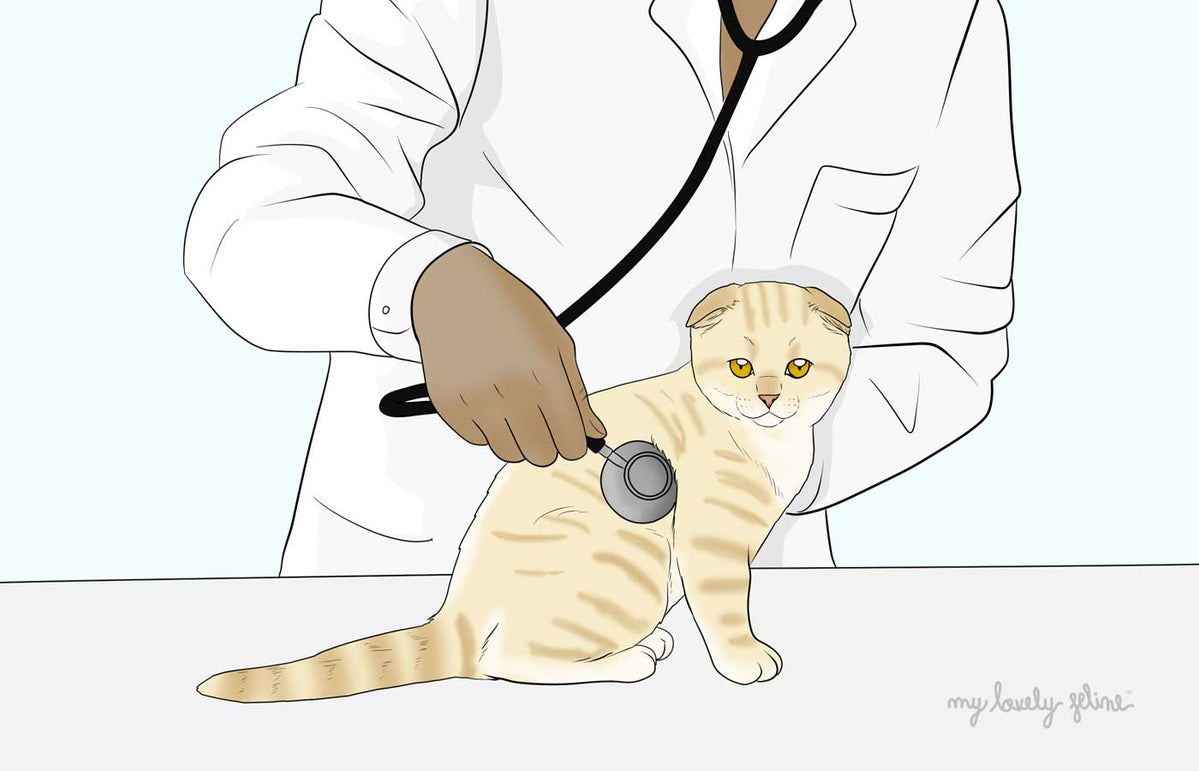
| As a society, our viewpoint on how pets (cats specifically) fit into our lives has drastically changed over the past few decades. Nowadays, it is very common for domestic cats to be considered members of the family.
A few decades ago, it would be unheard of to take your cat to the vet more than once or twice in their lifetime. With this shift in viewpoint, has come an increase in veterinary research and knowledge that suggests cats need to see their veterinarian just as much as dogs do, if not more often. |
Kittens (<1 Year of Age)
In general, kittens are healthier than older cats, however, during this life stage, kittens need to see their vet fairly frequently. These visits focus mostly on preventive medicine.
Kittens first need to see their veterinarian when they are around 6-8 weeks of age for their first vaccines.
At this age, it is important that kittens receive their combination Feline Viral Rhinotracheitis Calicivirus and Panleukopenia (FVRCP) vaccine boosters every 3-4 weeks until they are 16 weeks of age in order to establish immunity against these potentially deadly diseases.
Once kittens are 16 weeks of age, they can receive their Feline Rabies vaccine. Once finished with their FVRCP series and Rabies vaccine, they are not due for any vaccines for a year.
There is, however, some recent evidence to suggest that kittens need to receive a booster of FVRCP at 6 months of age rather than at 1 year of age.
Generally, at a kitten’s first visit, they should also receive a fecal test to screen for presence of intestinal parasites as well as a small blood test to screen for presence of retro-viral infections Feline Immunodeficiency virus (FIV) and Feline Leukemia virus (FeLV). If negative for FeLV, it is also recommended that kittens receive two boosters of the FeLV vaccine 3-4 weeks apart.
Once vaccines are finished, the next step in your kitten’s preventative medicine schedule is to think about getting her/him spayed/neutered. Before this procedure, veterinarians typically recommend a small wellness blood work panel to make sure your kitten is healthy enough to undergo anesthesia.
Additionally, during these visits, your veterinarian can talk to you about your kitten’s lifestyle, diet, and risks he/she may have based on her lifestyle.





